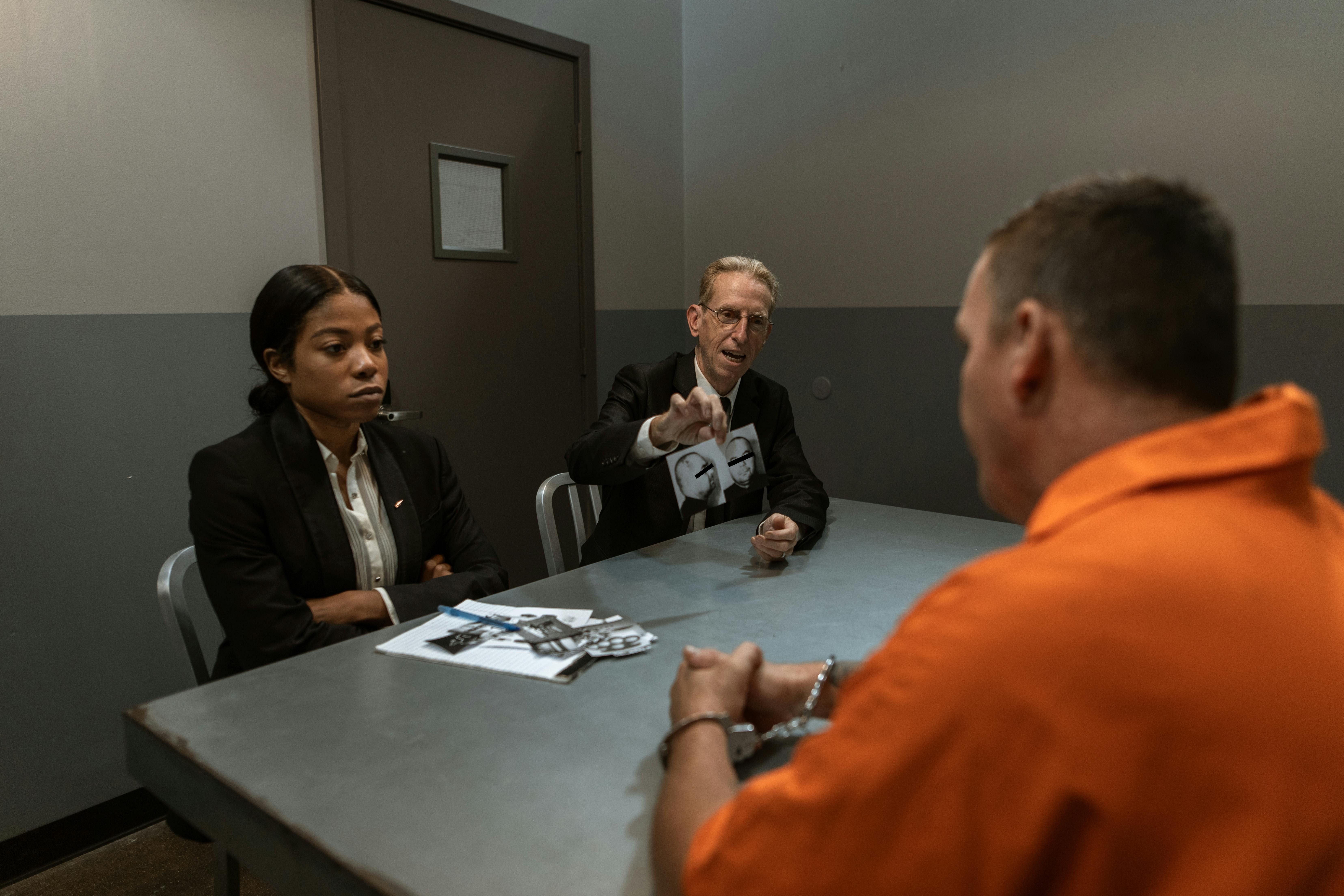As a parent and educator I wonder about the moral health of today’s children. I love and enjoy them, but so many children have encountered situations and circumstances beyond their age and level of understanding that it is terrifying. With movies and TV full of suggestive words and actions and abrasive language that confuses my ears or video games full of violent acts against people, animals and a multitude of inanimate objects, I wonder where the sensibility is heading. Will we become a system of automata with our morality stunted due to a lack of personal love and a sense of interconnectedness with people, nature and the Universe itself?
In several schools I have visited, reading walls grace the hallway. When a child reads 10 or 20 or 100 books, her name goes up and then she walks along the wall for the entire year to reach a stellar reading goal. Although I encourage children to read, I also know that this process also encourages children (and their parents) to lie. It’s easy to pretend to read and then force a quick signature from a parent on a piece of paper so that “evidence” of reading can be turned in and reading progress duly noted. While a busy parent may fall into this pattern one week, when repeated week after week, the child comes to believe that honesty is overrated and that success on a wall is far more important. Ask any kid about a similar reading set and I bet he’ll get an honest answer about not reading with countless reasons not to follow along and justify this bogus behavior.
Working with eighth graders for many years, we typically complete a unit on moral development. Teenagers are very curious about lying and deceit, honesty and truth and how these grow or not grow over time. They wonder why little liars become big liars, why petty criminals end up in jail. Their examination of good and evil is generally direct and pure – not all of course, as some really are criminally minded at a young age, usually fostered by examples at home. Inevitably, these students explain cheating as cheating, but then deviate from my definition of cheating. They explain with complete honesty from their hearts that copying an English homework is wrong as it is stealing words, but copying a math homework is fine as it is just numbers. Regardless of the background information I shared or worked to explain, they would not quote. Cheating had multiple levels and degrees of intensity and reasons for cheating or not cheating. Every year I expected a moral shift towards cheating as cheating, but it never happened.
From mathematical cheats (or not cheats, according to your definition), we move on to traffic signals. I’m sure you know the story of the stop sign in the middle of nowhere. While crossing a deserted section of the country, you come to a four-way intersection with stop signs. With the area flat and unobstructed in all directions, do you have to stop and obey the sign even if it is unnecessary and seemingly silly, or do you keep driving, ignoring the sign because it seems useless? Is there a moral responsibility to obey the law even when it seems senseless and unjustified? You can only imagine the lively discussion and explanations. While the excitement of each class’s responses cannot be replicated for sharing here, I encourage you to find a group of teens and engage in this conversation. Definitely an awakening of the mind awaits us all.
Are today’s children morally stunted? Do they care less about other humans and animals than past generations? Are we inadvertently creating a self-centered society where “me” counts more than “we”? I suppose that if you see advertising and political disputes you realize that these are the examples that we are giving, where misinformation is valued more than the truth. It becomes clear that our example of honesty and sincerity must come into play if we really want to ensure morally strong adults in the future.



